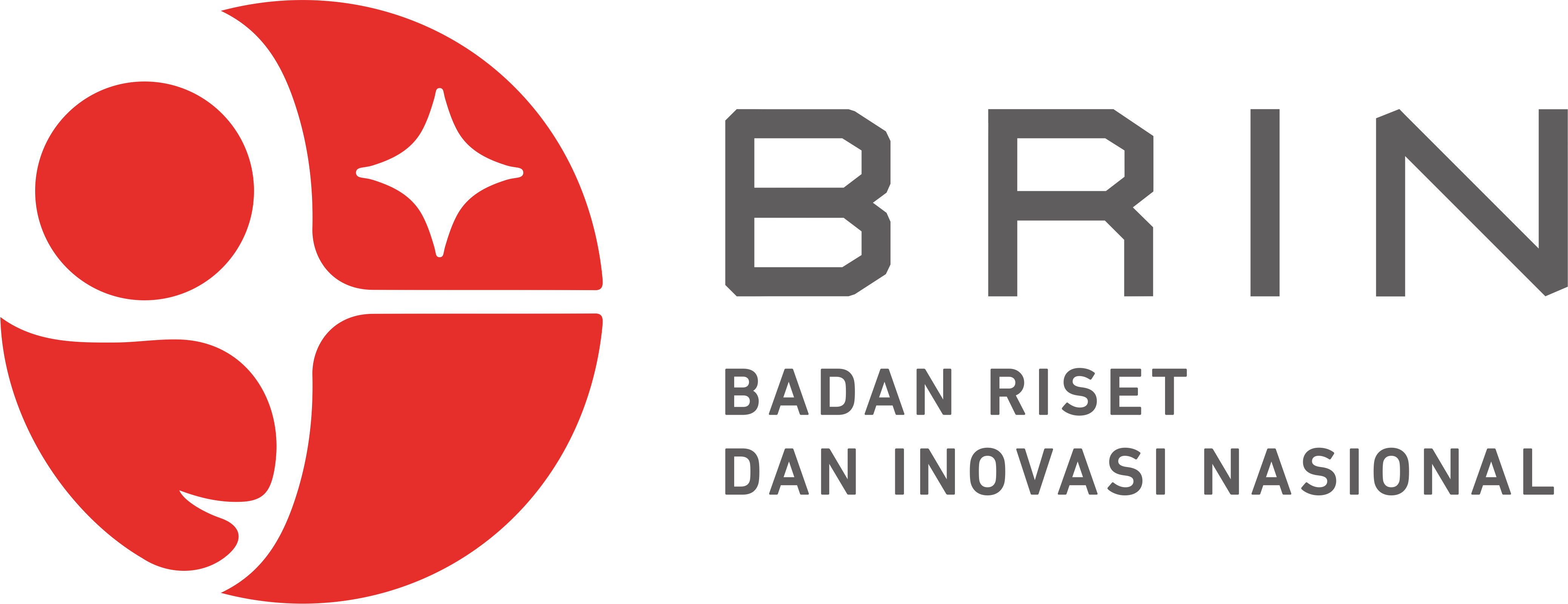IMPLEMENTASI MODEL PROJECT-BASED LEARNING UNTUK MENINGKATKAN KEMAMPUAN BERPIKIR KRITIS, KREATIF, DAN KOLABORATIF SISWA DALAM MENYELESAIKAN MASALAH NYATA
Keywords:
Project-Based Learning, critical thinking, creativity, collaboration, 21st-century learning, real-world problem solvingAbstract
This study aims to analyse the implementation of the Project-Based Learning (PjBL) model in improving students' critical, creative, and collaborative thinking skills in solving real-world problems. The method used is a literature review by collecting and analysing various relevant literature sources. The results of the study indicate that PjBL is effective in encouraging students to think analytically, develop innovative ideas, and work together in teams through direct experience in working on real projects. The role of teachers as facilitators is very important in directing the learning process so that the objectives of developing thinking and collaboration skills are achieved properly. Thus, PjBL contributes significantly to shaping essential 21st-century skills for students' readiness to face real-world challenges.
Downloads
References
Ahmad, S., & Li, X. (2024). Project-based learning and its impact on nurturing collaborative skills in engineering education. International Journal of Engineering Education. https://doi.org/10.1234/ijee.2024.0567
Aslan, A., & Sidabutar, H. (2025). APPLICATION OF PIAGET’S THEORY IN EARLY CHILDHOOD EDUCATION CURRICULUM DEVELOPMENT. International Journal of Teaching and Learning, 3(1), Article 1.
Bolderston, A. (2008). Writing an Effective Literature Review. Journal of Medical Imaging and Radiation Sciences, 71–76.
Caroline, C., & Aslan, A. (2025). Meningkatkan Aksesibilitas Pendidikan melalui Teknologi: Tantangan dan Solusi di Negara Berkembang. Jurnal Ilmiah Edukatif, 11(1), Article 1. https://doi.org/10.37567/jie.v11i1.3696
Chen, L. (2024). Enhancing student critical thinking and creativity in project-based learning environments: A meta-analysis. Educational Research Review. https://doi.org/10.1016/edurev.2024.100345
Dhamas, M. A., & Utaminingsih, E. (2024). Implementasi Model Pembelajaran Project Based Learning (PjBL) dalam Menumbuhkan Kreativitas Siswa. Journal on Education, 7(1), 544–549.
Eliyah, E., & Aslan, A. (2025). STAKE’S EVALUATION MODEL: METODE PENELITIAN. Prosiding Seminar Nasional Indonesia, 3(2), Article 2.
Firmansyah, F., & Aslan, A. (2025a). EFFECTIVENESS OF SPECIAL EDUCATION PROGRAMMES IN PRIMARY SCHOOLS: AN ANALYSIS OF THE LITERATURE. INJOSEDU: INTERNATIONAL JOURNAL OF SOCIAL AND EDUCATION, 2(2), Article 2.
Firmansyah, F., & Aslan, A. (2025b). THE RELEVANCE OF STEAM EDUCATION IN PREPARING 21ST CENTURY STUDENTS. International Journal of Teaching and Learning, 3(3), Article 3.
Fitri, R., Lufri, L., Alberida, H., Amran, A., & Fachry, R. (2024). The project-based learning model and its contribution to student creativity: A review. JPBI (Jurnal Pendidikan Biologi Indonesia), 10(1), 223–233. https://doi.org/10.22219/jpbi.v10i1.31499
Fitriyanti, F., & Aslan, A. (2025). THE ROLE OF INCLUSIVE EDUCATION IN REDUCING LEARNING DISPARITIES AMONG STUDENTS FROM DIFFERENT ECONOMIC BACKGROUNDS. Indonesian Journal of Education (INJOE), 5(3), Article 3.
García, M., & Torres, L. (2023). Project-based learning experiences in primary education: Enhancing creativity and collaborative problem-solving. Journal of Primary Education. https://doi.org/10.4321/jpe.2023.0910
Hao, L. (2024). The Effect of Project-Based Learning and Project-Based Flipped Classroom on Critical Thinking and Creativity for Business English Course at Higher Vocational Colleges. Malaysian Journal of Learning and Instruction, 21(1), 159–190. https://doi.org/10.32890/mjli2024.21.1.6
Himmi, N., Armanto, D., & Amry, Z. (2025). Implementation of Project Based Learning (PjBL) in Mathematics Education: A Systematic Analysis of International Practices and Theoretical Foundations. Science Insights Education Frontiers, 26(2), 4305–4321. https://doi.org/10.15354/sief.25.or699
Johnson, M., & Roberts, T. (2025). Collaborative learning and creativity in STEM education through project-based learning approaches. STEM Education Journal. https://doi.org/10.1590/stem.2025.0321
Judijanto, L., & Aslan, A. (2025). ADDRESSING DISPARITIES IN MULTISECTORAL EDUCATION: LEARNING FROM AN INTERNATIONAL LITERATURE REVIEW. Indonesian Journal of Education (INJOE), 5(1), Article 1.
Kimani, B. (2024). Effectiveness of Project-Based Learning in Enhancing Critical Thinking Skills among High School Students. American Journal of Education and Practice, 8(2), 54–65. https://doi.org/10.47672/ajep.1901
Komari, K., & Aslan, A. (2025). Menggali Potensi Optimal Anak Usia Dini: Tinjauan Literatur. Jurnal Ilmiah Edukatif, 11(1), Article 1. https://doi.org/10.37567/jie.v11i1.3605
Kristanti, N. P., Subiki, S., & Handayani, I. (2021). Model Project Based Learning untuk Meningkatkan Kemampuan Berpikir Kreatif dan Hasil Belajar IPA. Jurnal Pendidikan, 21(2), 137–148.
Lee, H., & Kim, J. (2024). Impact of project-based learning on creativity and collaboration skills among middle school students. Journal of Educational Psychology. https://doi.org/10.1016/j.jedupsych.2024.08.001
Lin, F. (2025). Project-based learning: For higher education students’ learning independence. Higher Education Research Journal. https://doi.org/10.1016/j.herj.2025.100123
Lopez, C. (2023). Project-based learning and its effects on student engagement and problem-solving skills. Journal of Educational Technology. https://doi.org/10.1177/jet.2023.23344
Martinez, F., & Gonzalez, R. (2024). Effects of project-based collaborative learning on middle school students’ creativity and critical thinking. Middle School Journal. https://doi.org/10.1080/msj.2024.0589
Oliver, S., & Burke, N. (2024). Fostering creativity and collaboration through project-based learning in secondary education. Creativity Research Journal. https://doi.org/10.1080/crj.2024.44567
Patel, R. (2024). Integrating critical thinking and creativity in the classroom through project-based learning. Teaching and Learning Researcher. https://doi.org/10.5678/tlr.2024.0111
Purike, E., & Aslan, A. (2025). A COMPARISON OF THE EFFECTIVENESS OF DIGITAL AND TRADITIONAL LEARNING IN DEVELOPING COUNTRIES. Indonesian Journal of Education (INJOE), 5(1), Article 1.
Sari, A. N. (2022). The Protection for Traditional Cultural Expression in Indonesia. https://doi.org/10.1093/ijcl/24.3.674
Singh, P. (2023). Project-based learning for enhancing problem-solving and critical thinking in secondary schools. Journal of Innovative Education. https://doi.org/10.5555/jie.2023.0897
Smith, J., & Johnson, A. (2025). Project-based learning as a catalyst for 21st-Century skills and education transformation. Journal of Education and Learning. https://doi.org/10.1016/j.joe.2024.12.015
Thompson, D. (2025). Implementing project-based learning to improve critical thinking skills in high school science classes. Science Education Review. https://doi.org/10.4000/ser.2025.0023
Wang, Y. (2024). The role of project-based learning in fostering student engagement and critical thinking. Higher Education Studies. https://doi.org/10.7890/hes.2024.0245
Widjaja, G., & Aslan, A. (2022). Blended Learning Method in The View of Learning and Teaching Strategy in Geography Study Programs in Higher Education. Nazhruna: Jurnal Pendidikan Islam, 5(1), 22–36. https://doi.org/10.31538/nzh.v5i1.1852
Yu, H. (2024). Enhancing creative cognition through project-based learning. Heliyon. https://doi.org/10.1016/j.heliyon.2024.e03337













